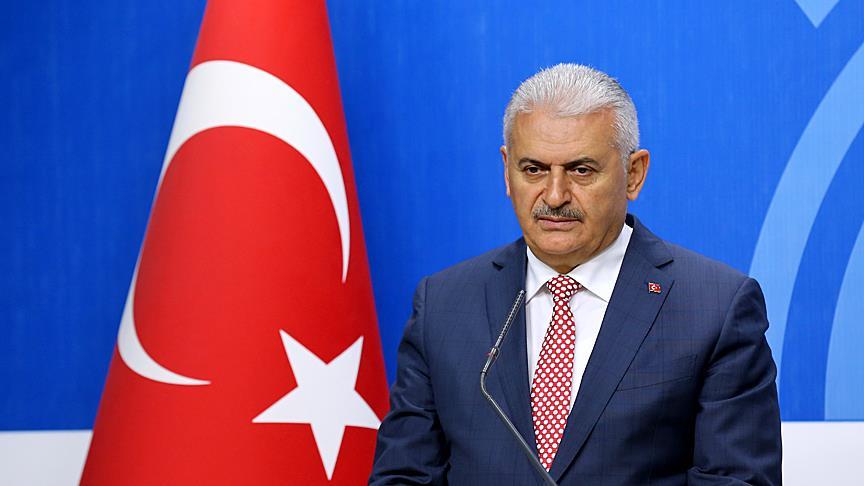By Murat Yetkin, Hurriyet Daily News
A key meeting scheduled for later on Nov. 7 between U.S. Vice President Michael Pence and Turkish Prime Minister Binali Yıldırım has been postponed to Nov. 9, Turkish officials revealed after Yıldırım’s plane took off from Ankara.
The meeting, in which the many problems between the two countries will be discussed, was originally scheduled for Nov. 8.
Pence’s office asked Yıldırım’s on Nov. 6 whether it was possible to hold the meeting on Nov. 7 because U.S. President Donald Trump, who is currently on an official trip to Asia, asked Pence to represent him during a ceremony to be held for 26 victims of the church attack in Texas.
Yıldırım agreed and rearranged his program to travel earlier on Nov. 7 in order to be able to meet Pence in the afternoon, bearing in mind the flight time of 12 hours and time difference of eight hours.
But on the morning of Nov. 7, Ankara time, before Yıldırım’s plane took off, Pence’s office once again asked whether it was possible to hold the meeting under less pressure, after the Texas ceremony.
Yıldırım and Pence agreed through diplomatic channels to have the meeting in morning hours of Nov. 9 at the White House.
During the meeting all political problems between the U.S. and Turkey are expected to be on table. These include the following:
– Turkey’s objections to the U.S.’s partnership with the Syrian branch of the outlawed Kurdistan Workers’ Party (PKK) in the fight against the outlawed Islamic State of Iraq and the Levant (ISIL), despite the PKK’s fight against NATO ally Turkey for over three decades.
– Ankara’s demand for the U.S. to extradite or at least take legal action against Pennsylvania-resident Islamist preacher Fethullah Gülen, accused of masterminding Turkey’s July 2016 coup.
– The ongoing case in the U.S. against Iranian-origin Turkish citizen Reza Zarrab and a Turkish public bank official, Hakan Attila, on charges of violating U.S. sanctions on Iran. There is also an arrest warrant against former Economy Minister Zafer Çağlayan in the same case.
– The arrest warrant against the bodyguards of Turkish President Tayyip Erdoğan after forcibly dispersing protesters on U.S. soil during Erdoğan’s visit to Washington in May.
– The U.S.’s demands for the release of Andrew Brunson, an American pastor who was arrested in Turkey over alleged links to the illegal network of Gülen.
– The U.S.’s demands for the release of two Turkish citizen employees of the U.S. mission in Turkey. Metin Topuz from the Istanbul Consulate is accused of having links to Gülenists and Hamza Uluçay from the Adana Consulate is accused of having links to the PKK.
– The visa crisis triggered by the consulate arrests, in which the U.S. has frozen visa proceedings at all consulate offices in Turkey, in a move reciprocated by Ankara.
On the visa crisis apparently flexibility was announced by the U.S. Embassy in Ankara late on Nov. 6, though there are discrepancies between the Turkish and American statements on whether “guarantees” have been given over further arrests.
A ranking Turkish official on board the prime minister’s plane told the Hürriyet Daily News that the unusual postponement of the meeting for the funeral ceremony was justified on humanitarian grounds, and could actually give an opportunity to hold the meeting in a more relaxed atmosphere.
The meeting has a crucial importance, as a high-level political evaluation between the two countries’ Number Twos at a time when the communication channels between the Number Ones, Erdoğan and Trump, are not open.
At the very least, boosting the current low level state of dialogue between the two NATO allies could be considered a successful outcome of the Yıldırım-Pence contact.









